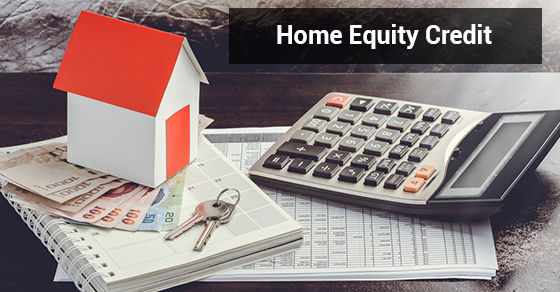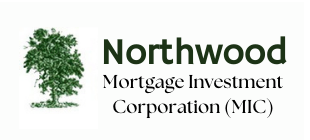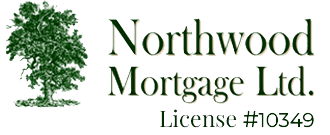You may hear the term home equity, or equity mortgage, especially when discussing the assets or net worth of a homeowner. But what does home equity really mean?
Home equity is, in short, the value of a homeowner’s interest in a home. This means that your home equity is the part of the home that you, the homeowner, truly own. If you have a mortgage, then your lender also has equity in your home, even though technically, you own the home. Until your loan is completely paid off, you will not have full home equity. Your home equity will increase over time as you pay off your mortgage, or as the property value increases. Some homeowners, however, use their equity as collateral in a loan, or equity mortgage, which we will discuss more further on.
You can calculate your home equity by subtracting the amount owed on any mortgages from the total value of the home. For example, if you purchased a home and paid a 25% down payment, your home equity interest is 25% of the total value of the home, meaning you only really own 25% of the home.
While technically you do own the entire home, the percentage of the equity that you haven’t yet paid off is used as collateral in your loan, with the lender owning the other portion of equity.
Your equity can dramatically increase if the value of your home increases. As the value of your home rises, so will your equity stake. Even though the value of your home goes up, the remaining money you owe stays exactly the same. This can be calculated by dividing the loan balance by your home’s market value and subtracting the result from one. The resulting decimal represents the percentage of your home equity.
As you can see, the two ways to build home equity are by repayment of your loan or by the increased market value of their home. Some homeowners, rather than building equity, choose to use their home equity in order to make large purchases or pay off other loans.
An equity mortgage may be used towards other purchases, such as the purchase of a new home. You can also take cash out of your home equity in order to fund expenses, such as higher education or renovations. This is also known as a second mortgage. For seniors, the equity in your home can be used to fund your retirement using a reverse mortgage.
There are some risks associated with equity mortgages, especially since your home is used as collateral in these loans. If you have any questions about home equity or whether an equity loan may be right for you, don’t hesitate to contact one of our mortgage professionals today!






































